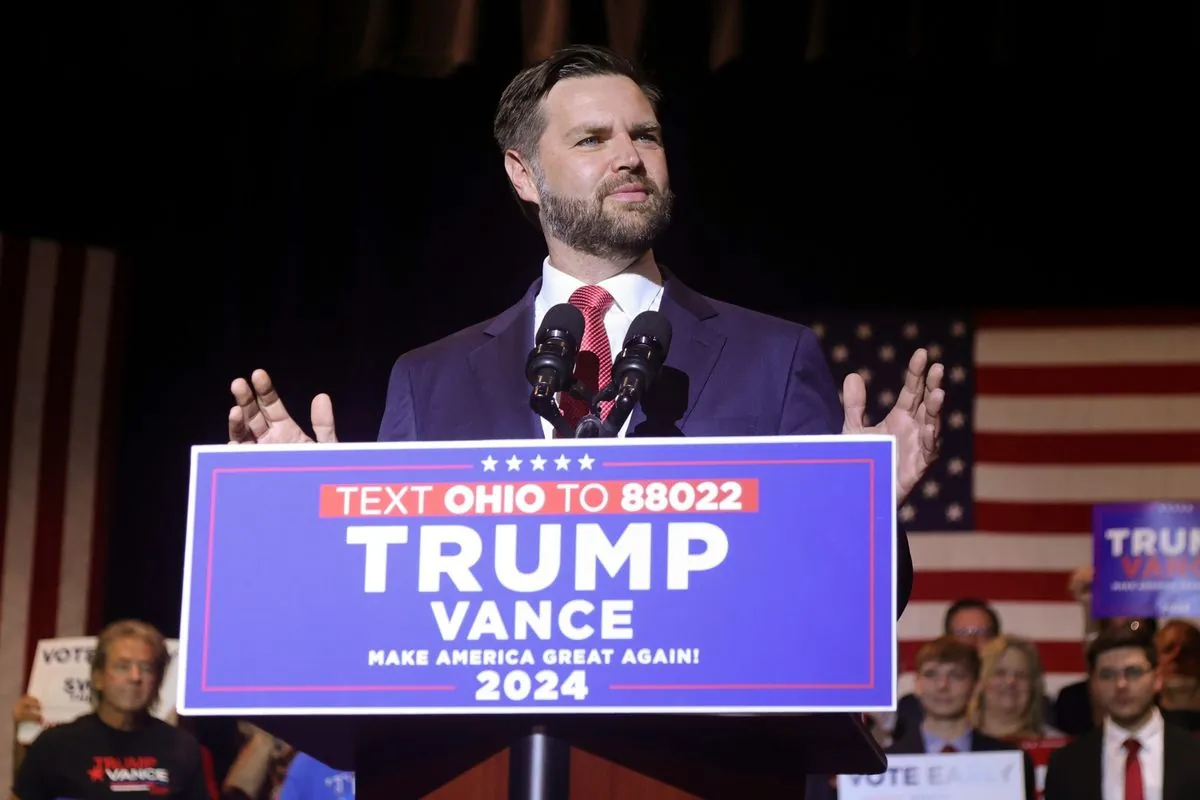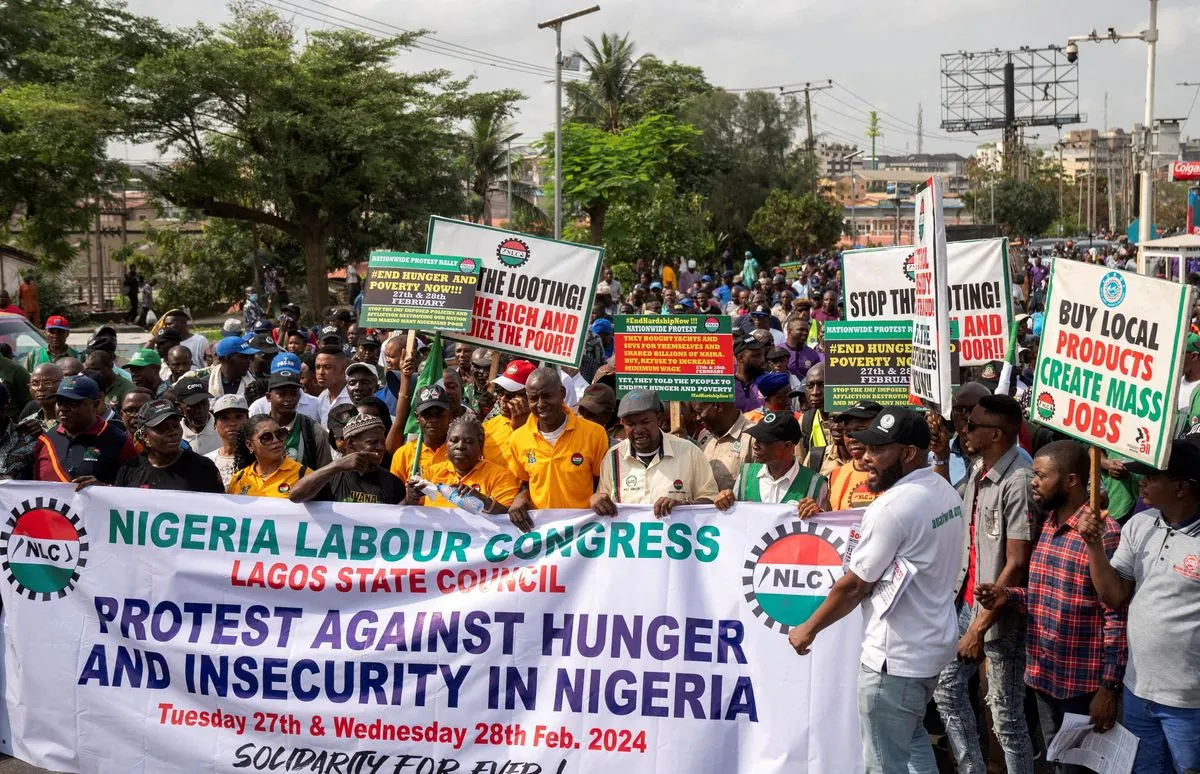White House Condemns JD Vance's Remarks on VP Harris' Security
The White House criticizes Republican VP candidate JD Vance's comments about Kamala Harris not facing assassination attempts, calling such rhetoric dangerous. The incident highlights growing tensions in U.S. political discourse.

In a recent development that has intensified the already heated political climate, the White House has strongly condemned remarks made by JD Vance, the Republican vice presidential candidate, regarding Vice President Kamala Harris. Vance's comments, which referenced the absence of assassination attempts against Harris, have been labeled as dangerous by White House officials.
The controversy erupted just weeks before the November 5, 2024, presidential election, where former President Donald Trump and his running mate Vance are challenging the Democratic ticket. This incident follows a reported assassination attempt against Trump on September 15, 2024, while he was golfing in West Palm Beach, Florida.
JD Vance, a U.S. senator from Ohio and author of the bestselling memoir "Hillbilly Elegy," made the controversial statement comparing the security situations of conservatives and liberals. He claimed that while no one had attempted to assassinate Kamala Harris recently, Trump had faced two such attempts in the past couple of months. Vance suggested that Democrats should "tone down" their criticism in light of these events.
White House Press Secretary Karine Jean-Pierre responded forcefully to Vance's comments, emphasizing the potential dangers of such rhetoric. She stated, "When you make comments like that, all it does is ... opens an opportunity for people to listen to you and potentially take you very seriously, and so it's dangerous to have that type of rhetoric out there."

Jean-Pierre's concerns reflect a growing awareness of the concept of stochastic terrorism, a term coined in 2011 that describes how public demonization of a person or group can incite random acts of violence. This phenomenon has been linked to various incidents, including the attack on Paul Pelosi, husband of former House Speaker Nancy Pelosi, on October 28, 2022.
The White House's response also highlighted President Joe Biden's calls for a reduction in inflammatory political rhetoric. Jean-Pierre reiterated, "We should not be speaking that way. We should not be saying those things. We gotta tone it down."
This incident is not isolated. It bears similarities to a controversial post made by billionaire Elon Musk on his social media platform X (formerly Twitter), which he acquired for $44 billion in October 2022. Musk's post, which he later removed, also speculated about the lack of assassination attempts against Biden and Harris.
The debate surrounding political rhetoric and its potential consequences comes at a time when the United States is grappling with significant challenges to its democratic processes. The 2020 presidential election saw the highest voter turnout in over a century, but it also led to unprecedented disputes over the results, culminating in the events of January 6, 2021, at the U.S. Capitol.
As the nation approaches another crucial election, the incident underscores the delicate balance between free speech and responsible public discourse. It also highlights the critical role of the Secret Service, an agency established in 1865, in protecting not only current leaders but also former presidents and their families.
The controversy serves as a stark reminder of the four presidential assassinations in U.S. history and the ongoing need for vigilance in safeguarding the nation's leaders. As social media platforms continue to shape political discourse, the challenge of maintaining civil and constructive dialogue becomes increasingly complex.
"We should not be speaking that way. We should not be saying those things. We gotta tone it down."
As the election approaches, all eyes will be on how candidates and officials navigate these sensitive issues, balancing the need for robust political debate with the imperative of maintaining a safe and stable democratic process.


































